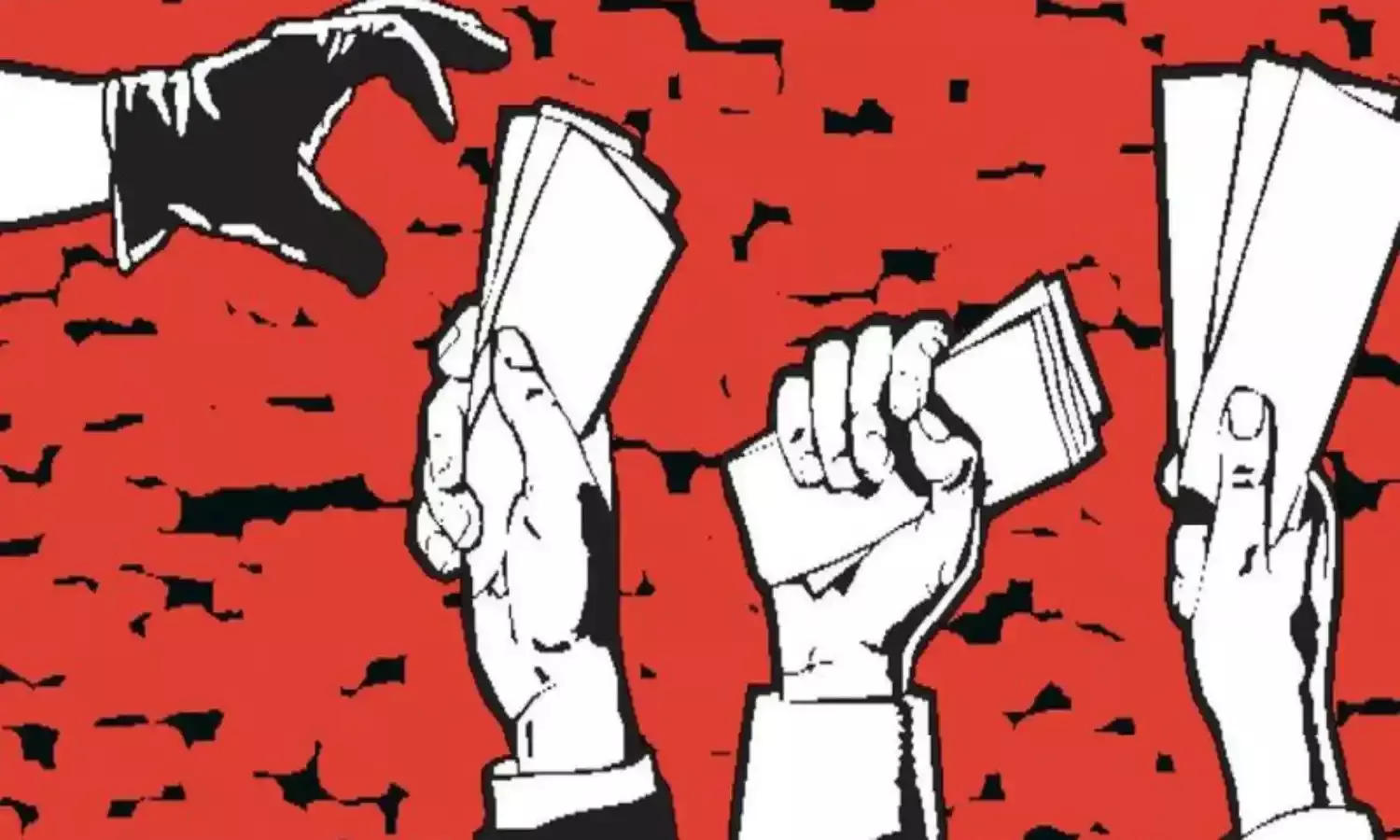
The recent Supreme Court (SC) verdict on the electoral bond scheme, declaring it and the amendments to various related Acts as unconstitutional, has been generally welcomed by the people. For now, a huge blot has been removed from our electoral laws. Much, however, remains to be done to bring about true reforms of the system.
The Bill was passed in the guise of a Money Bill, clearly to bypass the Rajya Sabha where the ruling party was not in the majority. Many amendments were made to other related laws like the Income Tax Act, etc., to ensure that besides the government (the party in power) no one else, and certainly not the voters, should know the identity of the donors, especially the large corporate donors and the amounts they donated to various political parties.
The arrogance of the government was apparent from its appalling argument made before the SC that the citizens of this country had no business knowing the source of funds, running into thousands of crores of rupees, received by political parties whom they vote to rule the country.
Another stated reason for this denial of the right to information to the citizens was to protect the identity of the big donors for fear of ‘reprisal’ or ‘victimisation’ in future. At the same time, the State argued that introducing the bond system would make the system transparent and curb the use of black money in elections.
This was a unique claim, that by denying information to the voters about the money trail, that is by promoting opacity, transparency of donations made and curbing of the use of black money could be ensured.
This transparency was only to the extent that the donations were to be paid through the banking channel. Beyond that, it was a total blackout of information all the way. It would be impossible to get even the hint of any return favour to the benefactors and the ruling party would be as clean as the Gangajal drawn at its source. The legal brain that worked out this stratagem deserves the highest appreciation.
It is heartening to note that the Supreme Court was not amused by such bizarre arguments and, while tearing through them and declaring the scheme unconstitutional, it also restored the citizens’ right to information about the source of electoral funding of political parties. Analysing the details of the scheme, the SC rightly held that given the opacity of the procedure, the probability of some quid pro quo could not be ruled out.
The BJP is no doubt upset that its ingenious scheme of receiving seemingly unlimited amounts for its election expenses from its formidable allies in the corporate world without being bothered about revealing the details has been foiled by the top court’s judgement. However, it is putting up a brave face and emphasising the independence of the Indian judiciary to draw some mileage even out of the setback by accusing the opposition of being selective in its praise of the SC.
The attitude of the electronic media towards this judgement, one of the most important ones in recent times, is worthy of note. It could not, of course, completely suppress it, but did not dwell much on it either. Even when it gave the news some coverage, it seemed that the television channels were oath-bound to keep amplifying the ruling party’s cry of “policy misunderstood”.
At another level, seemingly sponsored articles appeared in the English, Hindi and regional print media harping on the very same arguments that have been discussed and shredded into pieces in the SC judgement. The contributors, some of them office-bearers of the ruling party, are at pains to explain that the pious objective of the scheme was to cleanse the electoral system of the muck of black money, but that it has been misunderstood by everyone, including the Constitution Bench.
From a widely published news report ascribed to the State Bank of India, which has been directed by the SC to convey within three weeks all relevant information related to the Bonds issued since 2019 to the election Commission, it appears that the information may not be available in the public domain so soon.
If the report is correct then the SBI may seek clarification from the SC on the legality of divulging certain information about the purchasers of the bonds, as making such information public could violate banking laws under which the bank is obligated to maintain the confidentiality of certain details of its clients.
The attitude of the political parties other than the BJP and its NDA partners in this whole issue tells us something about the honesty and integrity of our political parties.
There is a loud chorus now from these Opposition parties in praise of the judgement and denouncing the BJP. However, all of them, with just one exception, merrily accepted without a murmur, anonymous donations through the same electoral bonds which they are now denouncing.
One will not be too wrong to say that but for the scheme being struck down by the Supreme Court, these parties would have happily continued to reap the benefit of anonymous contributions to their election fund.
It does not augur well for the Indian democracy that only one political party, the CPI-M, out of so many, actually put the money where its mouth was. To its credit, it not only refused to accept such faceless contributions to its election kitty but also approached the SC challenging the scheme’s constitutional validity.
All stakeholders should know that the public is watching them and if they are indeed for a truly transparent and clean electoral system, they must do some soul-searching about their stand on this vital issue that directly impacts the state of Indian democracy.
Sandip Mitra retired from the Indian Foreign Service. Views expressed are the writer’s own.

